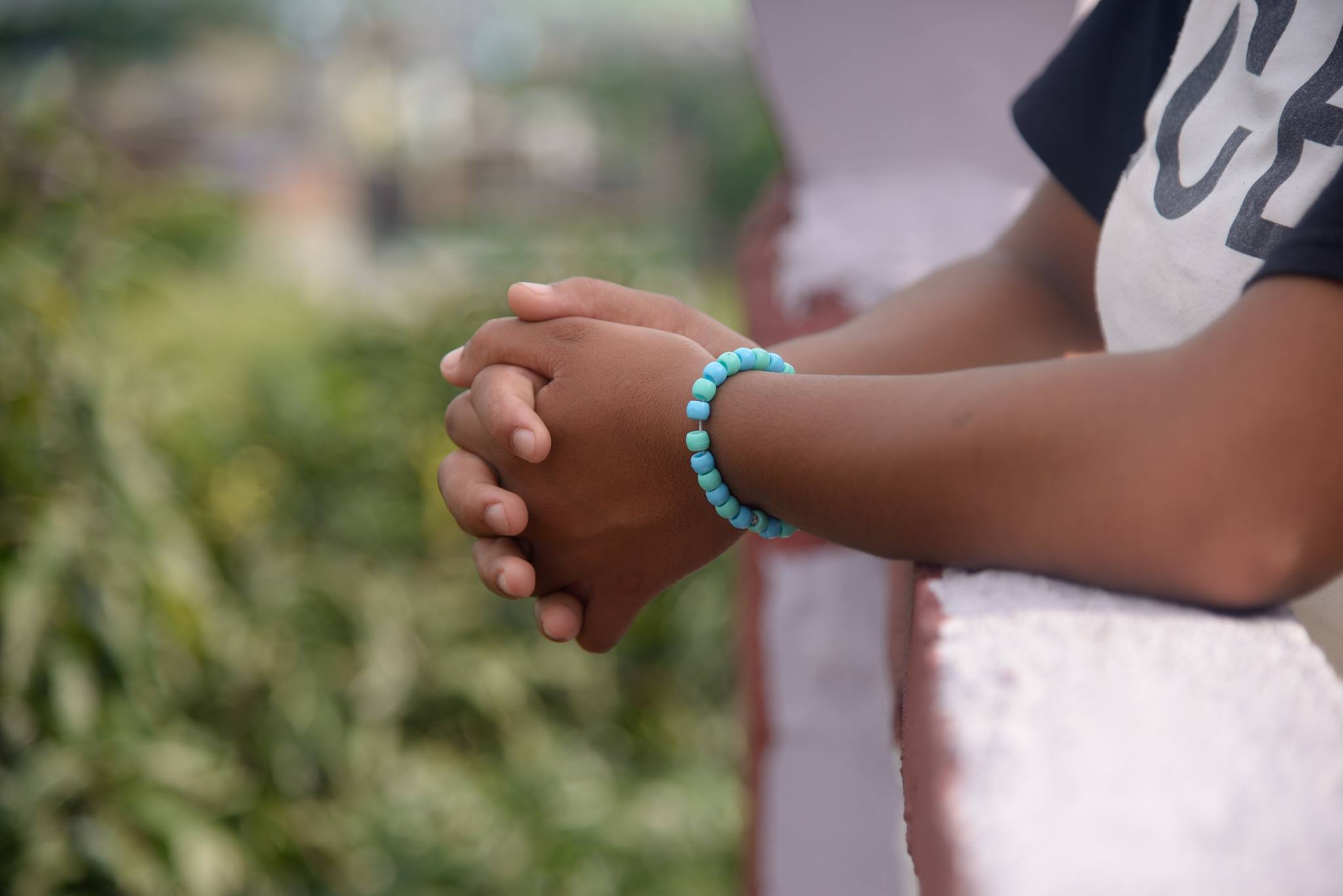Stories of Nepal: Hope
Monday, August 20, 2018

We have partnered with our brilliant friend Jay from Stories of Nepal to tell the stories of individuals at Kopila Valley and in the surrounding communities. As part of our series, Jay is highlighting the gender inequalities and domestic issues that women and girls in Nepal face. In case you missed any of his earlier posts, you can find them here.
"I do not remember the faces of my mother and father. The photo on their citizenship was torn and black and white. I do not remember so much from my childhood, only faint memories of living with Grandmother who I feel loved me dearly. I remember an uncle who brought me in Kathmandu and I started living in a house as a maid. If you ask me how long I struggled there, please forgive me, I am unable to tell you the number of years. Could have been 15, could have been 20. But it felt like an eternity. I would wash the clothes and rewash them because I was told I did not wash them properly. I would wash dishes and rewash them again because I was told they were not rinsed. I would cook and they would complain about how bad a servant I was and how terrible the food was. I would be ordered to do seven things at a single time and when there was a delay I would get humiliated. Sometimes I slept hungry. I was called a “pakhe”, a “jangali”. Slowly I started accepting that as the truth. I had no place to go, no love to receive and nothing to give. I felt I existed without meaning. My eyes were hollow as tears had long dried.
When I finally managed to return home, I had a difficult time adjusting with the outside world. For so many years, I was confined inside the walls of the house and the most I saw was the shop of the milkman nearby. Life was spent fulfilling the needs of other people who ordered it. But like all rainy days come to an end, I was to see happier days. I came into contact with women with similar stories who understood me and guided me through the difficult time. They helped me receive training in sewing and weaving yarn. The more I spent time with them the more I felt a sense of belonging. Their story was my story and my story was theirs. One word uttered and everyone immediately would understand my discomfort and sprung to hold me. Today, I have reclaimed happiness. I have started to live an independent life that is free of fear. I eat what I want and I am able to pay for it. I am no more a 'pakhe'. I am no more a ‘jungali’."

“When I was two years old, Father threw me in a water container. Mother tells me when she returned home from the pastures, I was barely alive. I was a daughter, the youngest of us four sisters. A boy was born after me but one morning he did not wake up. I was sleeping with him that night. I could not have been more than three or four years old. The village Jhankri had concluded that I was a bad spirit, a 'Boksi' and that my spells had killed the only son father and mother had. Everyday beatings from father became normal, a part of my childhood. My mother was not spared either. She was almost a mute. She could neither retaliate nor could she run away. I always felt that I was cursed to be born a daughter. If I was born a son, maybe father would have sent me to school or loved me. I tried killing myself several times but I was not successful. Dying was not a fear for me. I thought If I succeeded, it would be a release for my soul. Maybe I could find some peace after all. But I kept living and enduring all the pain that came my way. I did not have much regard for men as I grew up. I had no male role model who was a good human. Emotionally, I had become cold and I really could not feel anything. My depression had also become very severe.
It was only when I came into contact with girls who had a similar childhood, I started to see that I was not alone. But for a long time, I could not share my story with them. I was afraid of being judged because all my life, I had been told that everything bad that had happened was my fault. I had trust issues and I could not open up easily. But slowly the love I was receiving changed me. The genuine people who gave me their helping hand told me about hope and how I deserved a happy life. I slowly started opening up. I also saw men who were good people. I saw women who were strong and answered to men without fear. I found a lot of inspiration in that. Today, I have this ability and courage to share my story with you. It is proof that I have come a long way. Today, I still have many memories that leave me sleepless many nights, but I always know the morning will bring hope. The mornings will tell me I am not a curse but a gift."